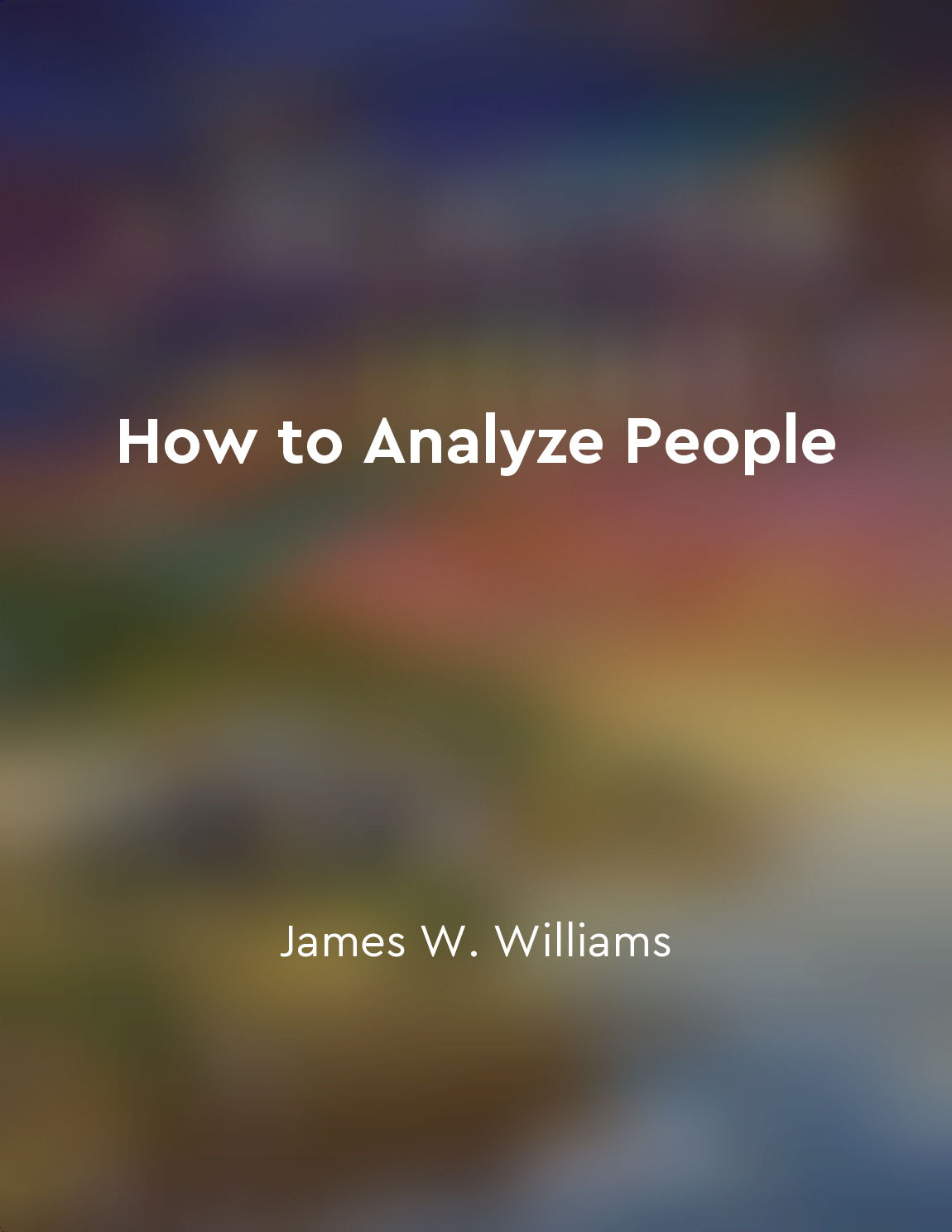Estimate intellectual capacity from "summary" of How to Analyze People by James W. Williams
Understanding and gauging the intellectual capacity of a person is a complex matter. It involves analyzing their cognitive abilities, comprehension skills, and their ability to use logic and reason. It requires a keen eye and careful thought process to accurately assess a person’s level of intelligence.- Many factors can help to estimate someone's intellectual capacity, including their education level, performance at school, or even self-initiated learning.
- Psychometric tests are another reliable option for estimating intellectual capacity. These verbal reasoning questions assess all aspects of cognitive ability that could indicate intelligence levels.
- Intelligence adapts over time as we learn new information and ways of doing things. Therefore, getting an accurate understanding of someone’s academic capabilities requires continuously testing and re-assessing them over long periods.
- Some people might excel more in certain fields compared to others. A person who is excellent in mathematics, but poor at literature does not necessarily imply less intelligence.
- Writing skills also offer insight into how intelligent a person might be. Poor grammar and spelling tend to denote a lower intellect.
- General observation often reveals much about someone’s intellectual prowess. The way they speak and interact with others, engage in conversations, express opinions, and conduct business can indicate their mental acumen too.
- Critical thinking is an important tool in assessing someone’s mental sharpness. How well do they come up with out-of-the-box solutions? Do they bother to question the status quo?
- Formal education provides a great indication of what someone has learned and mastered when it comes to knowledge.


